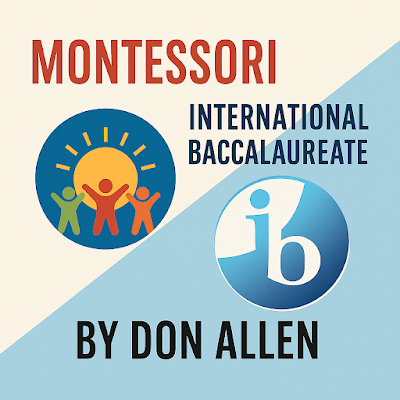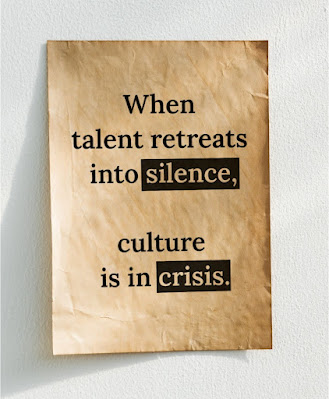Born Here, Shut Out Here: Minnesota’s Betrayal of Its Black American Communities

By Don Allen - Journal Of A Black Teacher (2025) Minnesota’s newest export isn’t innovation or justice, it’s exclusion. And not just the old Jim Crow kind, but a slick, bureaucratic variety wrapped in buzzwords like “ equity ” and “ accountability .” Let’s call it what it is: the new racism , state-sanctioned exclusion of Black Minnesotans from economic opportunity, masked as progressive policy. Take the multi-billion-dollar Feeding Our Future scandal . According to reports, over half of the $1.8 billion billed through state programs was tied to fraud, waste, or abuse, source: KSTP News . Where was Minnesota’s Department of Education ( MDE ) during this free-for-all? Asleep? Willfully blind? Busy scrutinizing the wrong people? While fake meal sites raked in millions, actual Black-led churches across the state were feeding congregations daily with no help from the state. These churches, often run by Black Minnesotans born, raised, and educated right here, were left out of the fundin...













